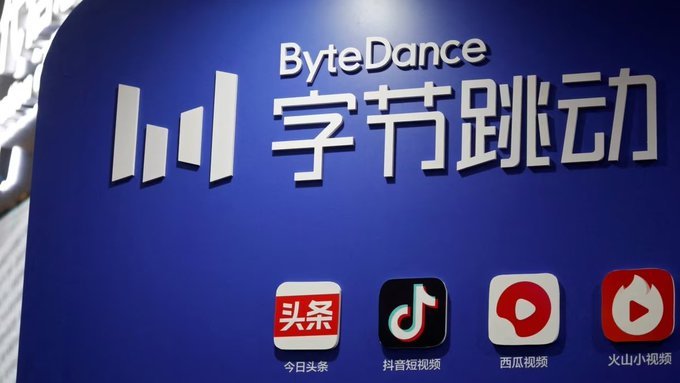Security Minister, Tom Tugendhat, confirmed this during an interview with a news channel, stating that he wants to wait for the NCSC’s findings before making any decisions. He emphasized the significance of comprehending the potential threats posed by these apps and their impact on our daily lives.
Recent reports in the Sunday Times suggested that TikTok may be banned from all government devices due to concerns raised by initial security assessments about the safety of sensitive data. The latest development comes after the U.K. government requested the National Cyber Security Centre (NCSC) to review the popular video-sharing app.
When approached for comment, a spokesperson stated that they had reached out to the Cabinet Office for clarification about the review and the reports of an incoming ban. They also emphasized that all government departments have stringent processes to ensure I.T. devices’ security, including managing risks from third-party applications. We will update this report if we receive any further information.
TikTok spokesperson said about the recent moment going on in the U.K. about social media app,
“While we await details of any specific concerns the U.K. government may have, we would be disappointed by such a move. Similar decisions elsewhere have been based on misplaced fears and seemingly driven by wider geopolitics, but we remain committed to working with the government to address any concerns. We have begun implementing a comprehensive plan to further protect our European user data, which includes storing U.K. user data in our European data centres and tightening data access controls, including independent third-party oversight of our approach.”
In recent months, there has been growing concern about the security and privacy of user data on TikTok. The video-sharing platform’s algorithm-driven content feed has also raised suspicions that it might be used as a tool for Chinese Community Party propaganda or to manipulate public opinion in the West through state-backed information operations. Consequently, several governments and public institutions, including the European Commission, the Belgian federal government, and the U.S. House of Representatives, have imposed bans on the China-owned app.
Crisis on TikTok
In mid-2020, the Indian government went a step further by banning TikTok and a range of other Chinese-made apps. Citizens were unable to download them for personal use due to concerns that the software posed a risk to national security and the sovereignty and integrity of India, as stated at the time.
Former U.S. President Donald Trump also made moves against TikTok later that year by banning transactions with ByteDance, the parent company of TikTok, and seeking to ban the app from the U.S. Although the Trump TikTok ban was stalled, his subsequent attempt to force the Chinese company to sell TikTok’s U.S. operations to Oracle was also halted. However, the new U.S. President, Joe Biden, revoked the Trump administration’s TikTok actions but signed a new order requiring the Commerce Department to review apps with ties to foreign adversaries’ jurisdictions that may pose national security risks. As a result, U.S. attention on TikTok continues.
Many Europian countries are tightening the rope against ByteDance’s app, TikTok.
TikTok Response Over Questions
TikTok has addressed concerns raised by Western countries regarding security by launching several significant data localization infrastructure programs. In the U.S., the company stated that it had transferred all user data to Oracle servers in the country. Similar efforts are currently underway in the E.U. to localize user data, but TikTok has increased its regional P.R. campaigns. The platform has announced that it will add new data access and control measures to locally stored data, along with the promise of engaging an external auditor. These efforts are aimed at addressing concerns that employees outside the bloc could still access European TikTok user data.
The UK has followed the lead of other countries in examining restrictions on #TikTok, and the latest comments from UK officials suggest that the UK may consider a ban, depending on how big the threat is in the final decision, but does not rule out a total ban in the UK. pic.twitter.com/rJS9bT6jTi
— Boxun News (@NewsBoxun) March 15, 2023


